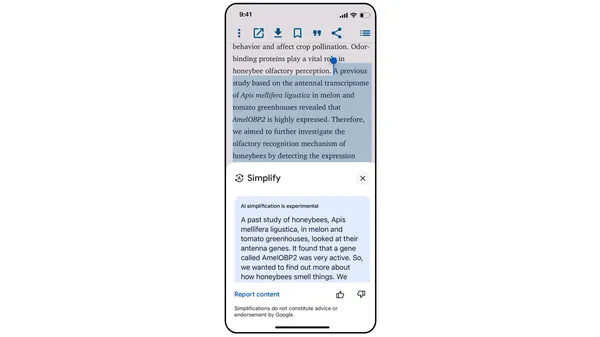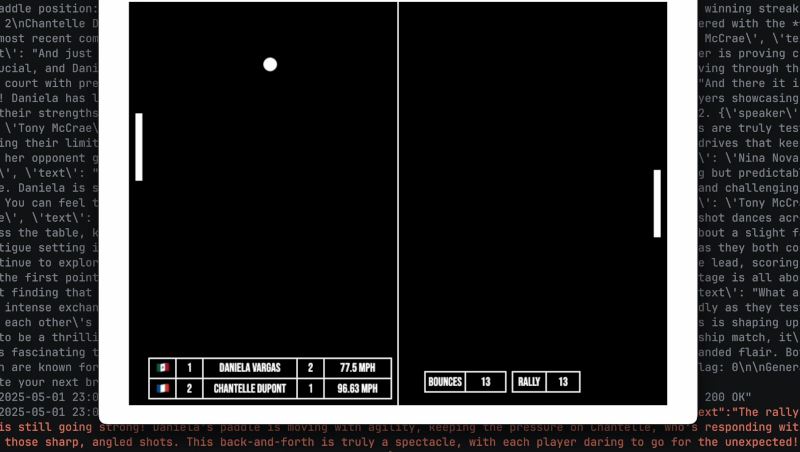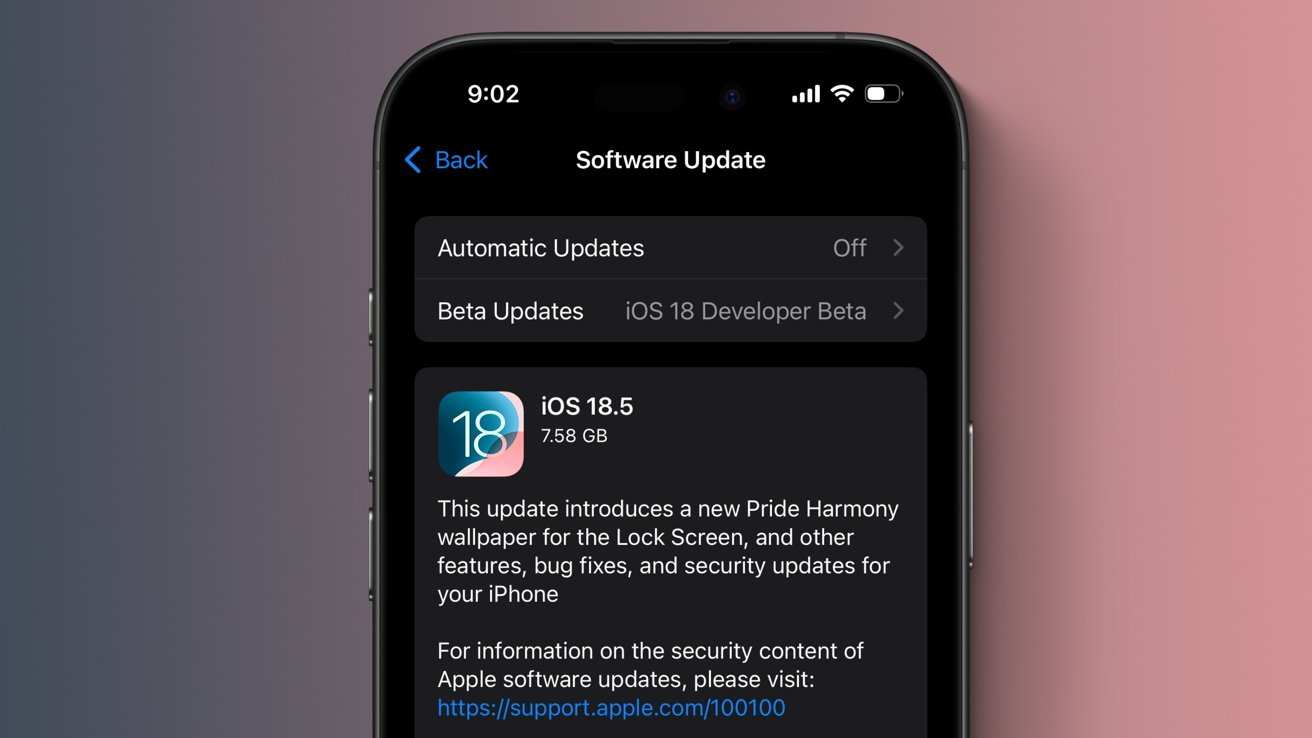Implementing Local Search in a Markdown Knowledge Base (Without JavaScript Frameworks)
Want to add a fast, client-side search feature to your Markdown-based knowledge base without pulling in a heavy JavaScript framework? This guide shows you how to do just that using a lightweight JSON index and vanilla JS. Step 1: Create a Search Index Start by generating a search.json file that contains metadata about each Markdown file. Example: [ { "title": "Getting Started", "path": "docs/getting-started.md", "content": "This guide helps you get started using the Markdown knowledge base..." }, { "title": "Usage Tips", "path": "docs/usage.md", "content": "Learn how to use and structure your Markdown content effectively..." } ] You can generate this JSON manually or write a script to crawl your .md files and extract the first few hundred characters of content. Step 2: Add a Search Input in HTML Include a search input and container for results in your layout: Step 3: Load and Search the Index with Vanilla JS Use JavaScript to fetch the index and filter results as the user types: let docs = []; fetch('search.json') .then(res => res.json()) .then(data => docs = data); document.getElementById('search').addEventListener('input', function (e) { const query = e.target.value.toLowerCase(); const results = docs.filter(doc => doc.title.toLowerCase().includes(query) || doc.content.toLowerCase().includes(query) ); const resultsEl = document.getElementById('results'); resultsEl.innerHTML = results.map(doc => `${doc.title}` ).join(''); }); This keeps the user experience fast and reactive — with zero dependencies. ✅ Pros and ❌ Cons of This Approach ✅ Pros:

Want to add a fast, client-side search feature to your Markdown-based knowledge base without pulling in a heavy JavaScript framework? This guide shows you how to do just that using a lightweight JSON index and vanilla JS.
Step 1: Create a Search Index
Start by generating a search.json file that contains metadata about each Markdown file.
Example:
[
{
"title": "Getting Started",
"path": "docs/getting-started.md",
"content": "This guide helps you get started using the Markdown knowledge base..."
},
{
"title": "Usage Tips",
"path": "docs/usage.md",
"content": "Learn how to use and structure your Markdown content effectively..."
}
]
You can generate this JSON manually or write a script to crawl your .md files and extract the first few hundred characters of content.
Step 2: Add a Search Input in HTML
Include a search input and container for results in your layout:
Step 3: Load and Search the Index with Vanilla JS
Use JavaScript to fetch the index and filter results as the user types:
let docs = [];
fetch('search.json')
.then(res => res.json())
.then(data => docs = data);
document.getElementById('search').addEventListener('input', function (e) {
const query = e.target.value.toLowerCase();
const results = docs.filter(doc =>
doc.title.toLowerCase().includes(query) ||
doc.content.toLowerCase().includes(query)
);
const resultsEl = document.getElementById('results');
resultsEl.innerHTML = results.map(doc =>
`${doc.title} `
).join('');
});
This keeps the user experience fast and reactive — with zero dependencies.
✅ Pros and ❌ Cons of This Approach
✅ Pros:






































































































































































![[The AI Show Episode 146]: Rise of “AI-First” Companies, AI Job Disruption, GPT-4o Update Gets Rolled Back, How Big Consulting Firms Use AI, and Meta AI App](https://www.marketingaiinstitute.com/hubfs/ep%20146%20cover.png)

















































































































































































.jpg?width=1920&height=1920&fit=bounds&quality=70&format=jpg&auto=webp#)




















































































_Brian_Jackson_Alamy.jpg?width=1280&auto=webp&quality=80&disable=upscale#)

_Steven_Jones_Alamy.jpg?width=1280&auto=webp&quality=80&disable=upscale#)


 Stolen 884,000 Credit Card Details on 13 Million Clicks from Users Worldwide.webp?#)





























































































![Look at this Chrome Dino figure and its adorable tiny boombox [Gallery]](https://i0.wp.com/9to5google.com/wp-content/uploads/sites/4/2025/05/chrome-dino-youtube-boombox-1.jpg?resize=1200%2C628&quality=82&strip=all&ssl=1)











![Apple Seeds visionOS 2.5 RC to Developers [Download]](https://www.iclarified.com/images/news/97240/97240/97240-640.jpg)
![Apple Seeds tvOS 18.5 RC to Developers [Download]](https://www.iclarified.com/images/news/97243/97243/97243-640.jpg)

![Apple Releases macOS Sequoia 15.5 RC to Developers [Download]](https://www.iclarified.com/images/news/97245/97245/97245-640.jpg)




































































































